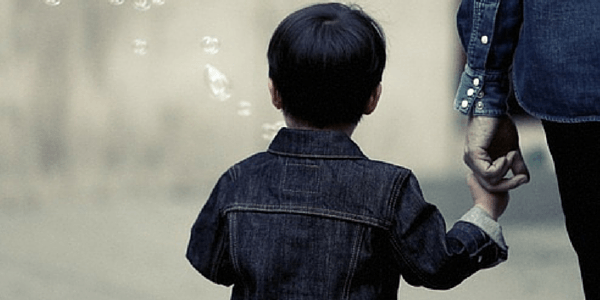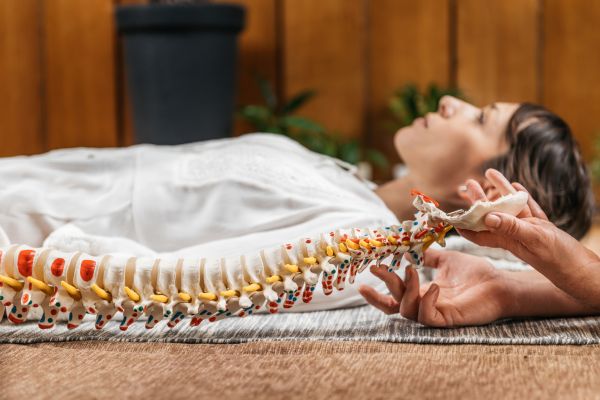
Watch a toddler as he or she is exploring the world. They trip, they fall, they get ‘ouchies’ but they just get straight back up again and carry on their way. Sure there may be a few tears but they don’t last and soon all is forgotten and they plough headlong into what it was they were about exploring at that moment.
Adults, on the other hand have a tendency to let the situation determine who they are – “I’m a klutz, I’m no good, there’s no sense in doing this”, I’m a poor communicator and the like is often the cry that we utter internally or externally.
This self-deprecatory approach leads us to spending time, money and effort (sometimes a lifetime of sitting on psychologists couches or swallowing buckets of mind altering drugs) in trying to understand our dilemma and figure out ‘why’ this has happened to me.
A common ‘adult’ response is to put a logical story to the event, one that usually results in the victim being oneself.
It is not usually what happens to you that has the big impact on your life it is what you ‘do’ with the ‘stuff’ that happens to you that makes the big difference and determines not only how you are affected by it but what happens long into the future as a result of it.
What I am speaking of here is the frame you put around something. In other words the meaning you bring to the situation. I find a useful frame to put around the ‘stuff’ that appears out of my control is that this was ‘pre-determined’ – it has happened – it is over. This event or situation happened and that is all there is to it. Now is the time to toughen up, get over it and re-decide as to where to from here.
It’s useful to suspend the judgement on yourself. Be kind and forgiving of yourself and others actions. Just because something happens doesn’t by itself MEAN anything. The meaning is what you bring to the situation – the meaning is yours and it is all made up.
The meaning is the ‘Why” you bring to something.
So, rather than trying to find out why, ‘work through’, solve, resolve or ‘handle’ ‘stuff’ when it happens why not ask the question of ‘HOW’ have I created/done this. What behaviours have I employed to make this occur? Once you have ownership and responsibility you can then look at what it takes to minimize the ‘stuff’ in the future.
This week, notice the frames that you have put around the ‘stuff’ of your life over the past year and commit to cleaning it up to a more useful behaviour in 2016.








